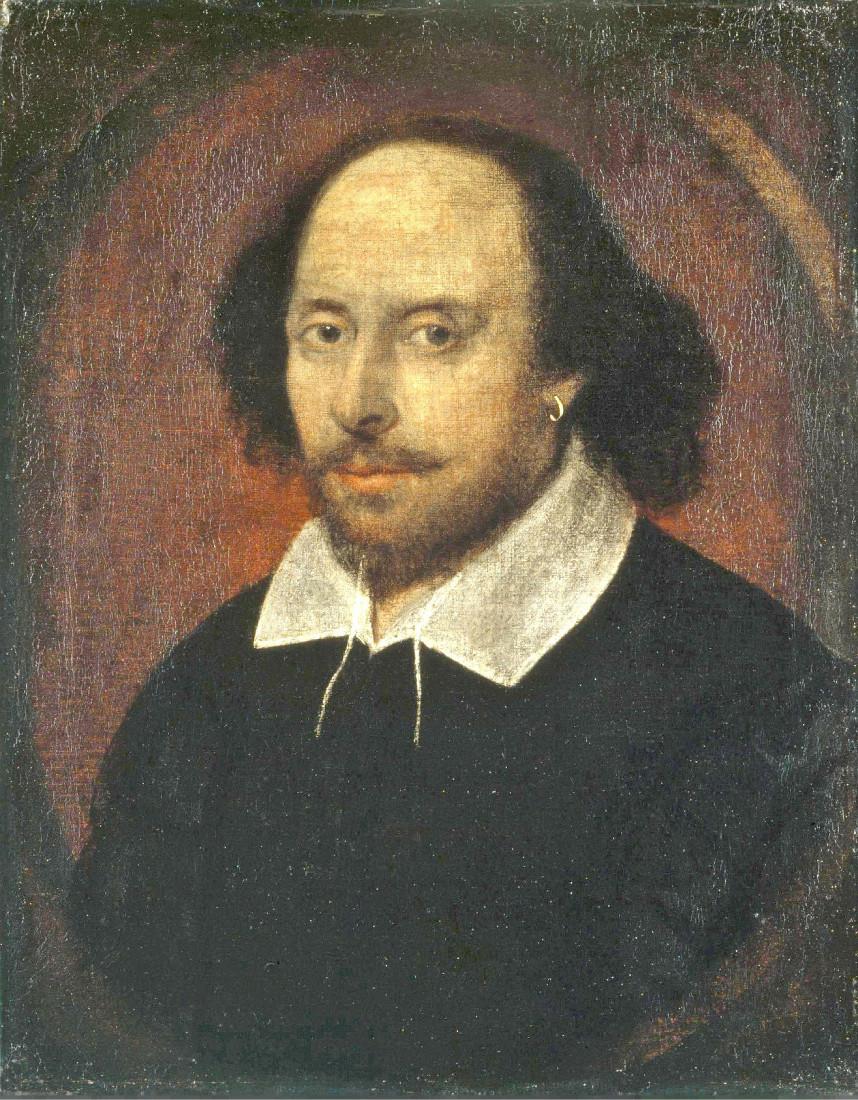To be or not to be? That is (still) the question
Virtual classes explore Shakespeare’s influence on pop culture

Two local classes on playwright William Shakespeare help demonstrate his enduring impact on modern storytelling.
William Shakespeare might have written plays during the 16th century, but the pillars of his stories prevail in the modern world. Two virtual classes, presented by theatre company Shakespeare in the Ruins (SIR) and McNally Robinson Booksellers, aim to shed light on his enduring influence.
Films like The Tragedy of Macbeth and West Side Story (a musical based on Romeo and Juliet) are arriving in theatres in 2021.
Still, the question lingers over why Shakespeare’s work continues to connect with audiences in an ever-changing reality.
“On a cultural level, there are people who will refute the statement that Shakespeare is timeless, and I think what they have to say is legitimate,” Christopher Brauer, an associate professor and the chair of the University of Winnipeg’s Department of Theatre and Film, says.
“Despite the plays that are historically specific to his time, Shakespeare somehow succeeded in transcending the cultural norms.”
Even though some aspects of the playwright’s work are considered racist and lack representation, Shakespeare was able to exemplify the traditional five-point story arc in a way that seemed genuinely human despite its wordiness.
SIR and McNally Robinson’s two classes centre around Shakespeare and his impact on both literature and popular culture. In “Shakespeare’s History Plays: the Birth of Blockbusters,” actor and scholar Skye Brandon will dive deep into the Shakespearean historical dramas and explain how they played a part in the emergence of contemporary stories.
“When Rodrigo (Beilfuss, the artistic director of Shakespeare in the Ruins) reached out to me asking if I would be interested (in doing) something, it was in part because I love the historical plays and (their) influence in my work. The class will be focused on the eight English history dramas that don’t include Shakespeare’s last works, such as Henry VIII and King John,” Brandon says.
Brandon looks forward to shedding light on historical plays that are just as influential as Shakespeare’s most well-known ones but usually left unnoticed.
“Just because they are less popular doesn’t mean that they aren’t good,” Brandon says.
When reflecting on his connections to Shakespeare both on and off stage, Brandon is quick to note that Shakespeare’s plays tend to excite him, because they demand a lot from everyone involved.
“They are usually personal stories with a far-reaching impact, whether it be on country politics or families at large. It is not a domestic kitchen-sink drama, even though I like to do those once in a while,” he says.
Shakespeare, The King’s Man: Reflections on the Bard’s Final Plays will be held on Nov. 3 from 7 to 9 p.m. Shakespeare’s History Plays: the Birth of Blockbusters will be held on Nov. 10 from 7 to 9 p.m. Both classes will be conducted through Zoom. No prior knowledge of Shakespeare’s historical work is necessary to take part. Register for a spot in the class at mcnallyrobinson.com/classes.
Published in Volume 76, Number 07 of The Uniter (October 28, 2021)






